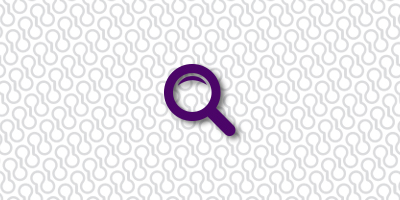Helpline
24/7 Helpline: 800.272.3900
Dial 711 to connect with a telecommunications relay service (TRS) for people who are deaf, hard of hearing or speech impaired.
The Alzheimer’s Association 24/7 Helpline (800.272.3900) is a free service offering support for people living with dementia, caregivers, families and the public. Connect with a live person who can provide information, local resources, crisis assistance and emotional support.
Anyone can contact the Helpline, day or night
Contact the Helpline any time, any day of the year. Help is available in your preferred language through our bilingual staff or interpreter service, which accommodates more than 200 languages. All conversations are confidential.There are three ways you can connect with the Helpline:
- Call us. We are available around the clock, 365 days a year at 800.272.3900. Dial 711 to connect with a TRS operator.
- Chat with us. Click the “Live Chat” green button on this page to connect with a member of our Helpline staff. Live chat is typically available daily from 7 a.m. to 7 p.m. CT.
- Online. Use this form to let us know how we can help you. We will respond to you within 24 hours.
Our professional staff has the knowledge to guide you through a variety of topics
People reach out to the Helpline for many different reasons. Our knowledgeable and caring staff can help you navigate a variety of needs and situations. Common topics include:- Information about memory loss, Alzheimer's disease and dementia.
- What to do after you or someone you know receives a diagnosis.
- Medical care needs, including medication and treatment options.
- Care planning, including finding quality care providers.
"I have called three times and with every call, I have been amazed at how patient, helpful, supportive, and devoted you are to helping."
Helpline caller - Housing options and moving loved ones into residential care.
- Respite care and funding options.
- Managing caregiver stress.
- How to understand and respond to dementia-related behaviors.
- Communication techniques.
- Addressing safety concerns.
- Legal and financial planning.
- Finding local programs and services.
What to expect when you call the Helpline
- Speak with a Helpline Agent. When you call, the first person who greets you is a Helpline Agent. The agent can provide you with a variety of resources, from disease-related literature to local support and care options. They can also help you register for free in-person and virtual Caregiver Support Groups and Education Programs.
- Go more in-depth with a Care Consultant. Sometimes, circumstances require a more in-depth conversation. We offer free care consultations to provide you with individualized, solution-focused support. You'll speak with a Care Consultant who is a master's-level dementia expert. Each care consultation begins with clarifying your goal or hope for the conversation. From there, we will work in collaboration with you to develop an action plan to address your individual needs.
- We are always here. Please don't hesitate to reach out. We are a team of people who care and want to contribute to a greater sense of strength, hope and understanding in navigating Alzheimer's disease.
Note: Our Helpline staff does not perform diagnosis. If you or someone you care for is having memory problems, please see your doctor.
This project is supported by the Administration for Community Living (ACL), U.S. Department of Health and Human Services (HHS) as part of a financial assistance award totaling $2,000,000 with 44% percentage funded by ACL/HHS (#90ADCC0002-01-00) and $2,531,601 or 56% funded by non-government sources. The contents are those of the authors and do not necessarily represent the official views of, nor an endorsement, by ACL/HHS, or the U.S. Government.

The Alzheimer’s Association is in your community.
Find Your Local Chapter
Locate dementia resources, programs and services in your area.
Find Community Resources
